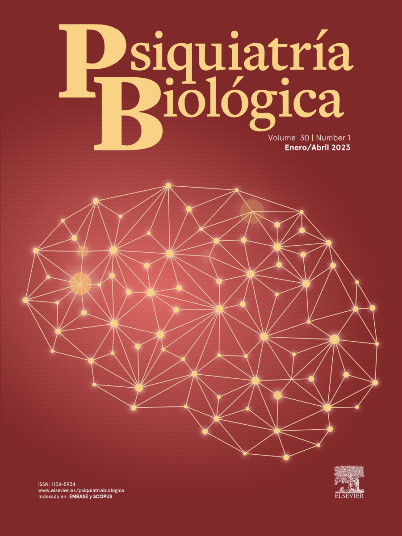La Teoría interpersonal del suicidio señala que la capacidad adquirida hace referencia a que la exposición repetida al dolor conlleva una habituación a estas experiencias, esto es lo que conlleva que el individuo, si cuenta también con la ideación suicida, pueda llevar a cabo el suicidio consumado. Por eso, el objetivo de este estudio es analizar las diferencias en la capacidad adquirida sobre la base de la existencia o no de riesgo suicida. Los resultados avalan los encontrados en otras investigaciones, observándose que, entre las personas con riesgo suicida y sin riesgo, existen diferencias estadísticamente significativas, siendo los que están en riesgo los que obtienen las medias más elevadas. Por lo tanto, la variable capacidad adquirida se muestra como una variable altamente relacionada con el riesgo suicida.
The Interpersonal Theory of Suicide states that acquired capability refers to the fact that repeated exposure to pain leads to habituation to these experiences, which is what leads the individual, if he or she also has suicidal ideation, to commit suicide. Therefore, the aim of this study is to analyze the differences in the acquired capability on the basis of the existence or not of suicidal risk. The results support those found in other studies, showing that there are statistically significant differences between those at risk and those not at risk, with those at risk having the highest mean scores. Therefore, the acquired capability variable is shown to be a variable highly related to suicidal risk.
Artículo
Comprando el artículo el PDF del mismo podrá ser descargado
Precio 19,34 €
Comprar ahora







